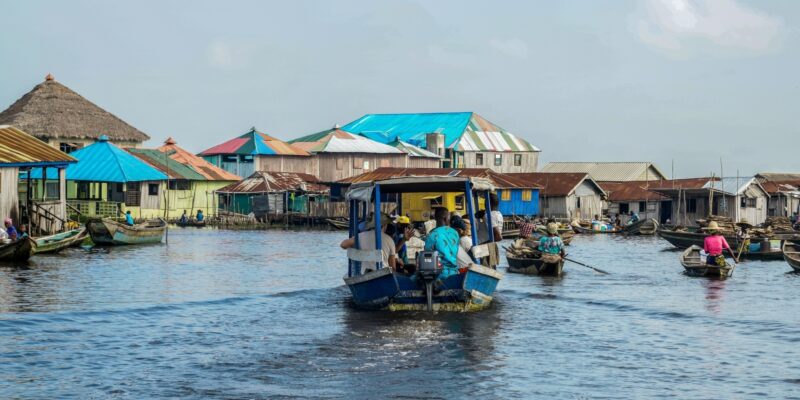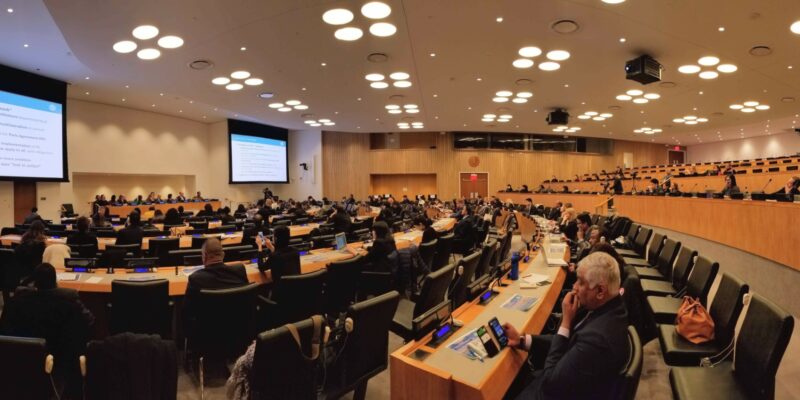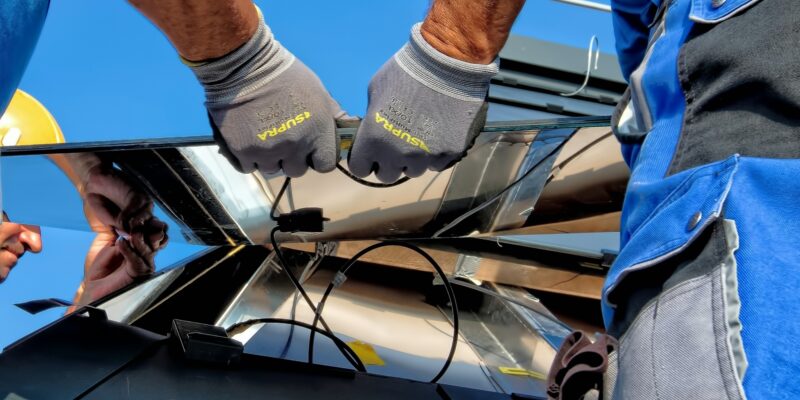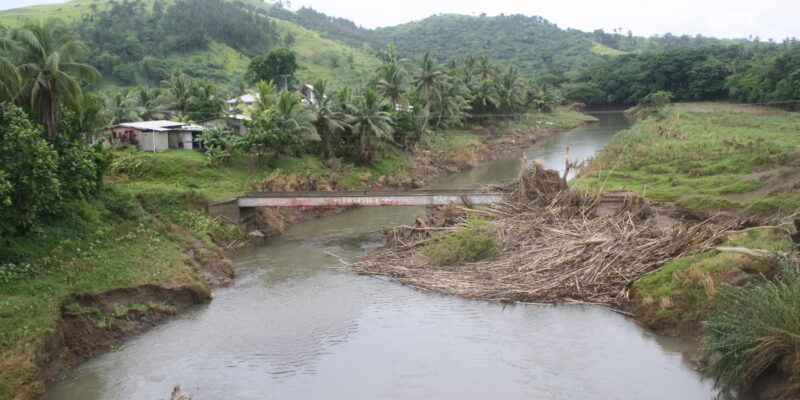Comment
Insights and expert analysis on climate issues.
Share


Improving access to climate finance and increasing absorption of funding opportunities are integral to speeding up Small Island Developing States’ (SIDS) efforts to enhance adaptation and build long-term resilience to climate change. A recent “Writeshop” in Samoa, which brought together Pacific and Caribbean representatives to build on each other's experiences, yielded a number of valuable lessons.

Benin has launched three separate climate vulnerability assessments on agriculture, water resources and health at a workshop organized by Climate Analytics and the Centre de Partenariat et d’Expertise pour le Développement Durable.

Belize has embarked on its two-year term leading the Alliance of Small Island States (AOSIS). The Caribbean nation’s vision for the Alliance, which turns 30 this year, focuses on ambitious action on climate change, sustainable development and oceans.

The role of finance and investment in meeting the 1.5°C goal
Dr Carl-Friedrich Schleussner, Rodrigo Narvaez Rojas
This week, climate finance – funds for developing countries to enable low-emission and climate-resilient development – takes center stage as political leaders discuss how to ramp up climate ambition at COP24 in Katowice, Poland. What role can investments and finance for mitigation and adaptation play, in particular for the most vulnerable countries?

Preparing for the Suva Expert Dialogue – getting Loss and Damage right
Dr Olivia Serdeczny
By now it is clear that climate change is as much an economic problem as it is an environmental one. Rising temperatures slow economic growth and devastating climate-related impacts leave large negative imprints on economic development of developing countries. Most financial instruments that have been proposed in the context of loss and damage do not solve the problems developing countries face.

From Paris to Songdo: How the Green Climate Fund’s new Strategic Vision supports the Paris Agreement
12th meeting of the Green Climate Fund Board — decisions reflect the 1.5° temperature limit and a five-year goal for decarbonisation of private banks’ investment portfolios.